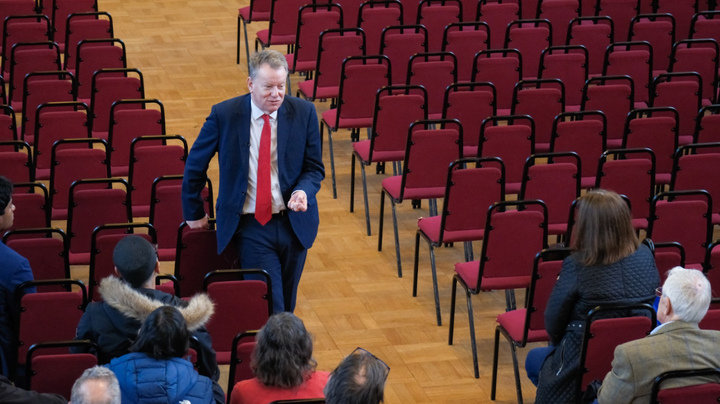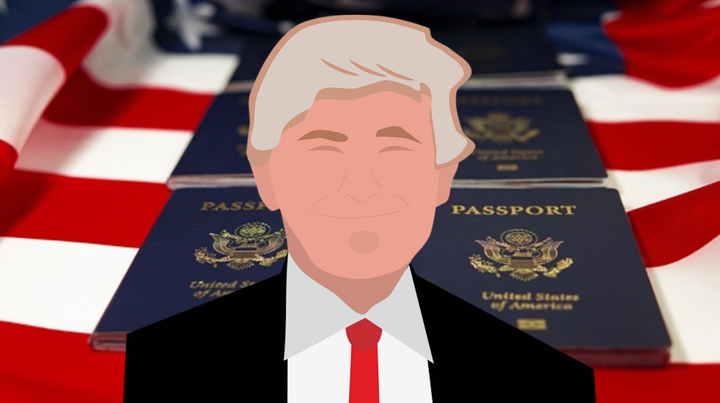The Perspective #08: October24

First Labour Budget in 14 Years
Krish Chaddha
Rachel Reeves, Britain's first female Chancellor of the Exchequer, delivered a Labour Budget which aims to ‘restore economic stability and turn the page on 14 years of Conservative Government’.
Emphasised throughout the Budget is the need for more public investment in the UK, and Reeves’ plan sets out an increase in public spending of an average of £69.5bn a year from 2025/26, roughly £23bn of which will be dedicated to transport, housing, and R&D.
Potentially funding this is the increase in National Insurance Contributions by 1.2% from April 2025, which will raise £25bn a year. This directly opposes the previous government's policy of reducing National Insurance Contributions and can be viewed as a tax on jobs which, perhaps, will hinder economic growth.
The budget outlines that income tax thresholds with increase from 2028-29, as a means of mitigating against fiscal drag. However, this is in the distant future and will not prevent the occurrence of fiscal drag in the 4 years leading up to this.
Taxes on demerit goods — vapes, tobacco, and alcohol — have all increased, with a levy on vapes now being increased in line with tobacco which will increase by 2% over the RPI.
However, fuel duties have remained frozen given the implications it would have for working people, who have strained personal finances.
The NHS will receive an increase to their budget of £22.6bn. Given that the state of the NHS was particularly influential in the election, this increase was expected, but is it enough to comprehensively reform the struggling NHS?
The Department for Education will receive £6.7bn for capital investment. Reeves is trying to emulate the successes of the last Labour Government by renovating schools. As expected with a Labour Government, Private schools will now have to pay VAT on school fees.
The National Living Wage will increase to £12.21, which has been met poorly by businesses who contend that this could hamper the creation of jobs.
In addition to the above changes, capital gains tax rates increased as anticipated, but still leave UK rates relatively low compared to the rest of the world.
Grey Area: The Scandal Shaking Sue Gray and Labour's Integrity
Shay Patel
On October 6th 2024, Sue Gray, Keir Starmer’s Chief of Staff, resigned from her role amidst a row over her salary. After the election, it is suggested that Sue Gray asked for and received a salary of £170,000, which would make her paid £3,000 more than the PM and more than any cabinet minister. One source reported that Gray might have decided to ask for a salary a few thousand pounds less, in order to avoid this very story, but instead declined. This decision on Gray’s pay has ignited another row in government. Gray, whilst working as a senior civil servant, compiled a report into the Partygate scandal which led to the downfall of Boris Johnson. Afterwards, she worked as a Labour Party adviser, before being appointed by Sir Keir as his Chief of Staff. Lord Booth Smith, who held this exact role for Sunak’s previous government, was paid £30,000 less than Sue Gray. She has now resigned amidst fierce criticism, saying she ‘risked being a distraction’. Let’s see how long the Labour Party can go without another blow to their reputation…
German Coalition Collapse Induces Snap Election
Aditi Prashanth
Germany recently held a snap election following the collapse of Chancellor Olaf Scholz’s coalition government, a partnership between the Social Democrats (SPD), Greens, and Free Democrats (FDP). The coalition had struggled with deep divisions over economic policies and budget priorities, ultimately leading to its breakdown. One key conflict was Finance Minister Christian Lindner’s push for tax cuts and reduced climate spending, which clashed with the SPD and Greens’ focus on expansive social welfare spending and green initiatives.
The election was further driven by economic challenges, with Germany facing high inflation, a sluggish economy, and factory closures announced by major corporations, such as Volkswagen, due to weak demand. The strained state of the economy sparked public discontent, with polls showing government approval at record lows. Over half of Germans favoured early elections, hoping for clearer solutions to these pressing economic issues.
As political leaders campaign, economic priorities—such as tax reforms, and environmental policies—are expected to dominate. The election’s outcome will shape Germany’s future direction and its role within a shifting European landscape, especially during recent right-wing trends in France and the U.S.
Tommy Robinson Told by Judge ‘Nobody Is Above the Law’
Juliette Hussey
Stephen Yaxley Lennon, publicly known as Tommy Robinson has been sentenced to 18 months in prison for breaching a court injunction made against him following claims he made about Syrian refugee Jamal Hijazi.
Following a video posted online of Hijazi, then 15, being attacked in his school, Robinson took to his social media, claiming the boy was ‘not innocent and he violently attacks young English girls.’ In 2021 the teen successfully charged the far-right activist with libel.
Four of these further accounts against Hijazi were perpetrated in his film ‘Silenced’ which came out in June of last year. Notably, the film was funded by Alex Jones, an American radio show host and conspiracy theorist who claimed the tragic Sandy Hook shooting of 2012 was staged as well as being shared across social media by extreme figures such as Andrew Tate.




Comments ()